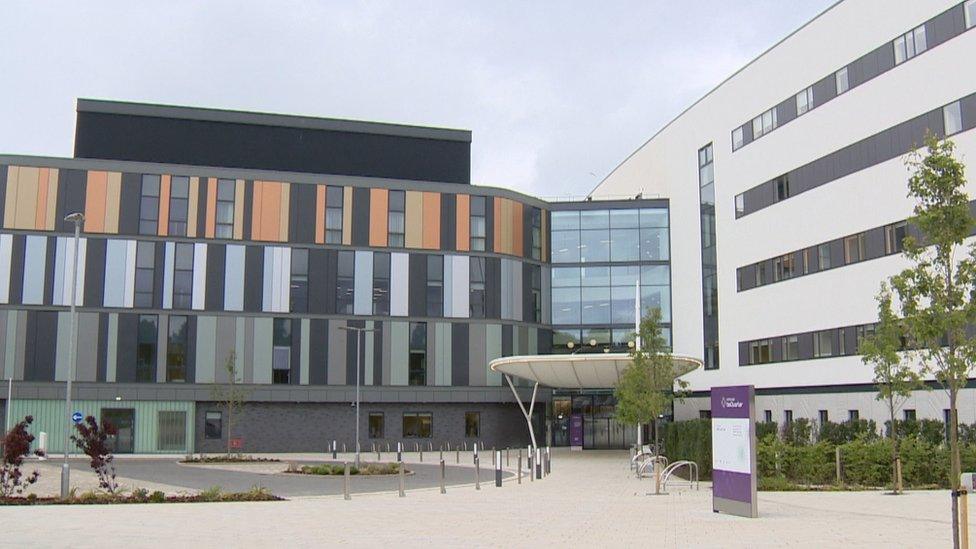Scottish hospitals public inquiry gets under way
- Published
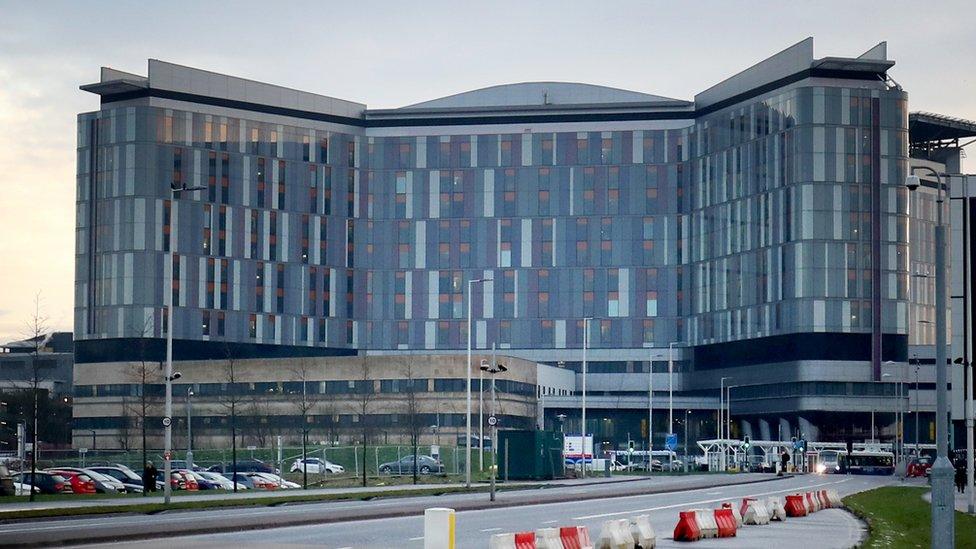
The Queen Elizabeth University Hospital in Glasgow opened in 2015
A public inquiry into safety issues at two major Scottish hospitals is beginning.
The probe will look at issues relating to ventilation and building systems at the Queen Elizabeth University Hospital campus in Glasgow.
Problems at the delayed Sick Kids hospital in Edinburgh will also be examined.
The inquiry, led by Lord Brodie QC, was ordered after patients' families raised safety concerns.
Last year it emerged that two patients at the Glasgow hospital died from infections linked to pigeon droppings.
The case of 10-year-old Milly Main was also referred to prosecutors earlier this year after she contracted an infection and died at the hospital.
Her mother said the family were not informed about a potential link to contaminated water problems at the hospital.
However, NHS Greater Glasgow and Clyde maintains there has been no link established between the water in the hospital and the patient's death.


It was in direct response to families that the health secretary commissioned this public inquiry but will it answer the fundamental question they have - did a hospital that should keep the most vulnerable patients safe, actually make them more sick?
The Queen Elizabeth University Hospital in Glasgow has only been open for five years, but it can't escape negative headlines.
There have been patient deaths and a series of infection outbreaks with possible links to the building.
Reports show the water system was a risk before the hospital even opened, while the ventilation system was found to be inadequate. Doctors who tried to raise the alarm were not listened to.
In Edinburgh a new children's hospital has been long overdue.
The red sandstone building at Sciennes is over 150 years old and working way beyond capacity.
The new build already had a false start and faced a series of delays, but was finally set to open last summer.
Yet somehow only days before the first patients were due to arrive, inspectors found a fundamental safety flaw. The ventilation system was not good enough here too.
Lord Brodie and his team have the task of finding out what went wrong and what impact it has had on patient safety, but the scale of this inquiry is so great the question really is: will answers come quickly enough?

Following the issues in Glasgow, the opening of the new children's hospital in Edinburgh was delayed due to concerns over its ventilation system last summer.
The Scottish government stepped in to prevent it from opening just a day before it was due to accept patients.
According to the remit of the inquiry, its aim is to ascertain how the problems occurred, if they could have been prevented, their impact on patients and families and if the hospitals provide a safe environment.
Scotland's health secretary Jeane Freeman has said she hopes the inquiry will look into the "culture" of working at the hospitals as well as design an build issues.
It follows claims that staff felt like "trouble-makers" for exposing concerns that they had about safety.
Past mistakes
Ms Freeman told the BBC's Good Morning Scotland programme: "I believe that the culture in Greater Glasgow and Clyde Health Board, and in other parts of the health service, needs to be seriously looked at.
"If we are to really deliver safe and effective care to our patients, then our staff need to feel that their views, opinions and expertise are valued and listened to. Clearly we have had issues where that has not been the case."
The health secretary said the inquiry was "a critical next step" in seeking to understand the issues that affected both hospitals.
She said: "It will also make recommendations to ensure that any past mistakes are not repeated in future NHS infrastructure projects.
"I have always been clear that those who have been affected deserve answers to the many questions they are entitled to ask - and this is an important step in delivering that."
A spokeswoman for NHS Greater Glasgow and Clyde said: "We recognise the additional distress that has been caused to families by the issues that the public inquiry will address and, for this, we are truly sorry.
"We are committed to rebuilding trust and demonstrating through our actions the importance we place on continuously learning, improving and collaborating with families - particularly those whose lives have been impacted upon by the areas that will be examined by the inquiry."
- Published9 May 2022

- Published20 December 2019
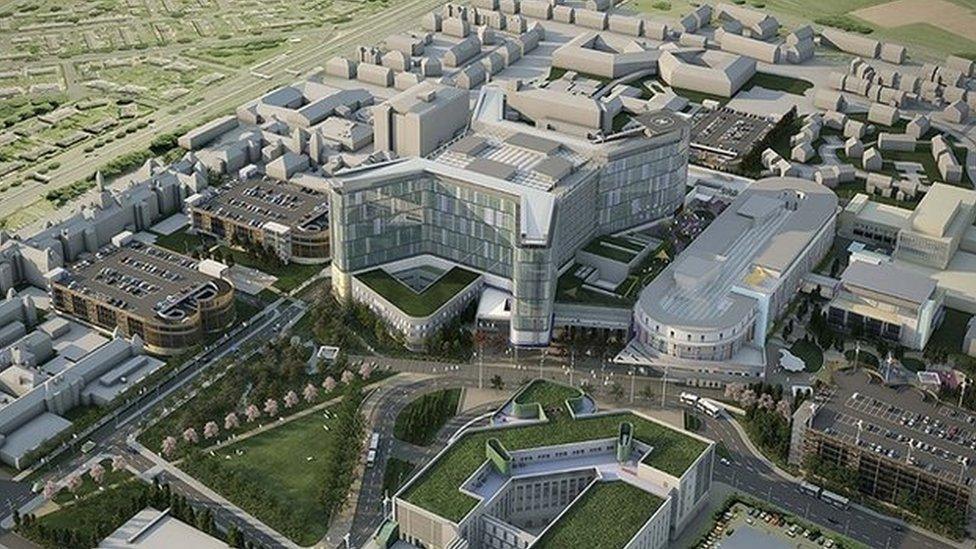
- Published2 August 2020
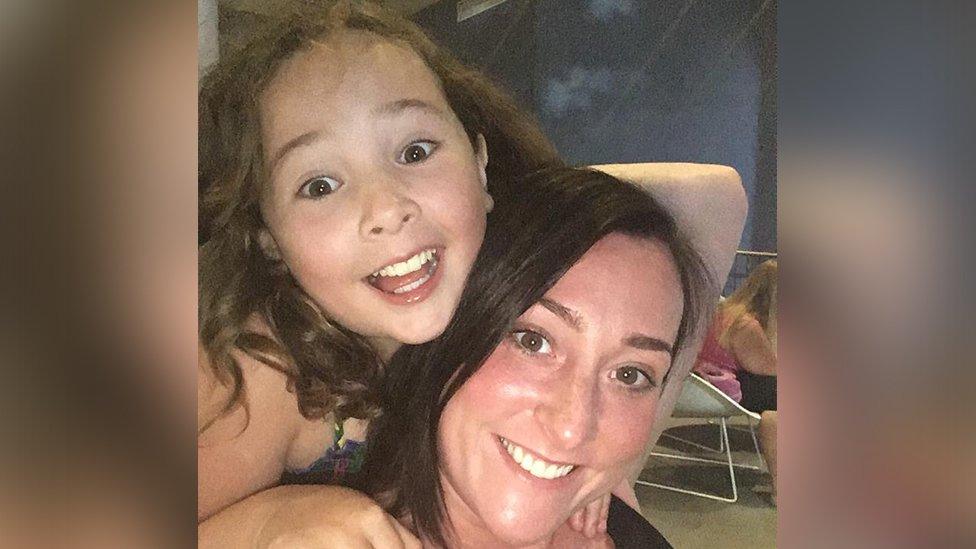
- Published24 June 2020
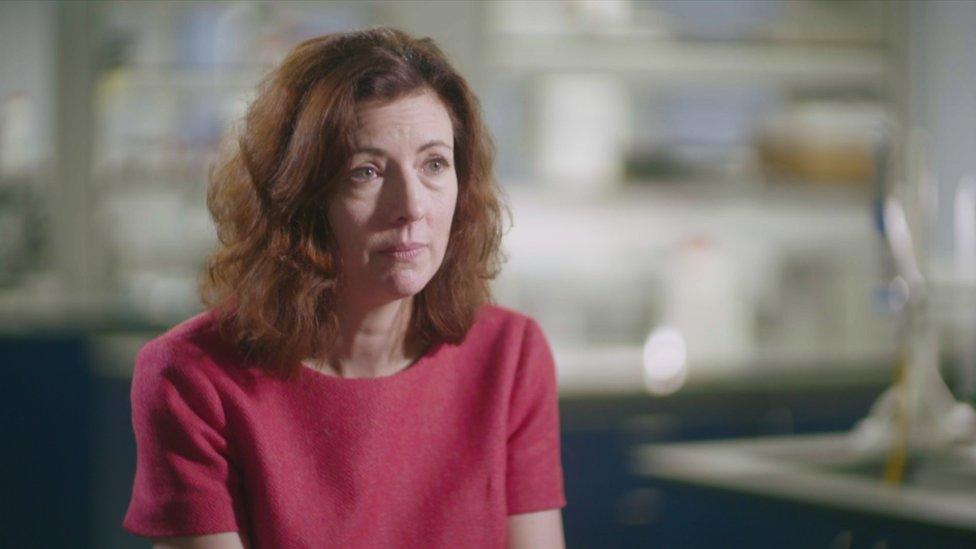
- Published17 September 2019
